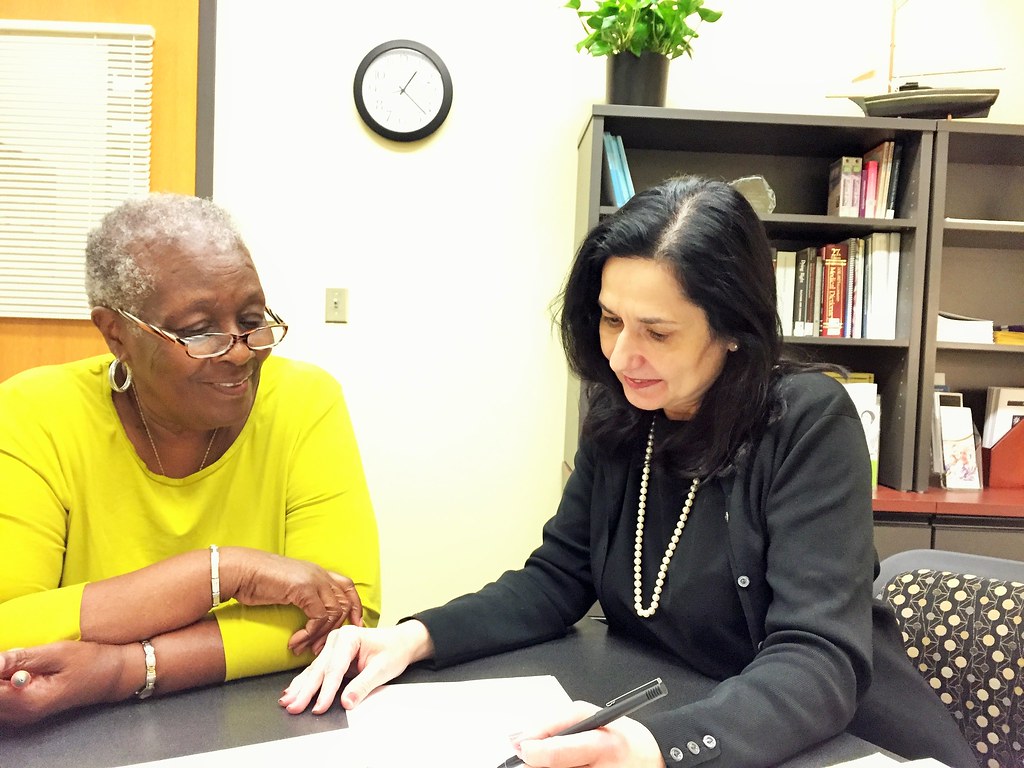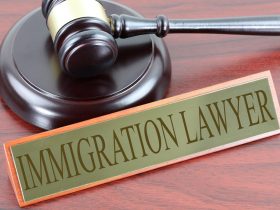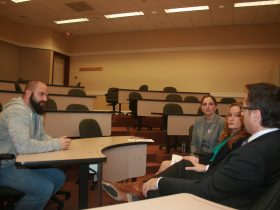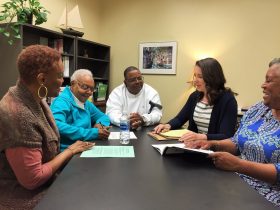The legal needs of many older Americans exceed basic legal services, and they are all interconnected. In addition to understanding the legal issues and complications faced by older Americans, elders lawyers must also understand personal concerns around their clients – for example, health, financial and family problems – and how they influence the legal issues of their clients.
Three main areas focus on elder law attorneys including health care, plantations and tax planning, and trust issues. More specific fields of expertise include:
End of life planning. It can expand to plan your health care support system as we get older, establish the power of lawyers, build life will, and other problems that surround the care of the soul.
Financial Problem. This often includes pension and financial planning, housing financing, plantation tax revenues and planning, and gift tax issues.
Long-term care. This can include asset protection planning, insurance for home care or assistance with everyday life activities, planning Medicare, insurance, veteran benefits, and more.
Problem of residents’ rights. This can include any claims you carry while a patient in a nursing home or long-term care facility.
Discrimination problems at work. Older Americans sometimes face the age and disability disability at work; Elder lawyers can help you plan and implement your case.
Trustwriter. This may include trustees, planning, planning, planning for the future of children’s special needs, court of approval letters, and other problems around small children or adults.
Legal owner / tenant. This can mean handling disputes with landlords, fighting with eviction, dealing with confiscation issues, and more.
Harassment, neglect, and fraud. This lawyer specializes in cases where older clients become victims. In this case, lawyers can function as advocates of victims and help clients placed in safer areas if necessary or get a restitution of the perpetrators.
There are special certifications such as Lawy Law Credential certificates from the National Elder Law Foundation. To get this certification, you must have at least five years of legal practice experience, and have spent at least sixteen hours per week in the field of elder law for the previous three years, among other qualifications. The inspection process takes place a full day.













